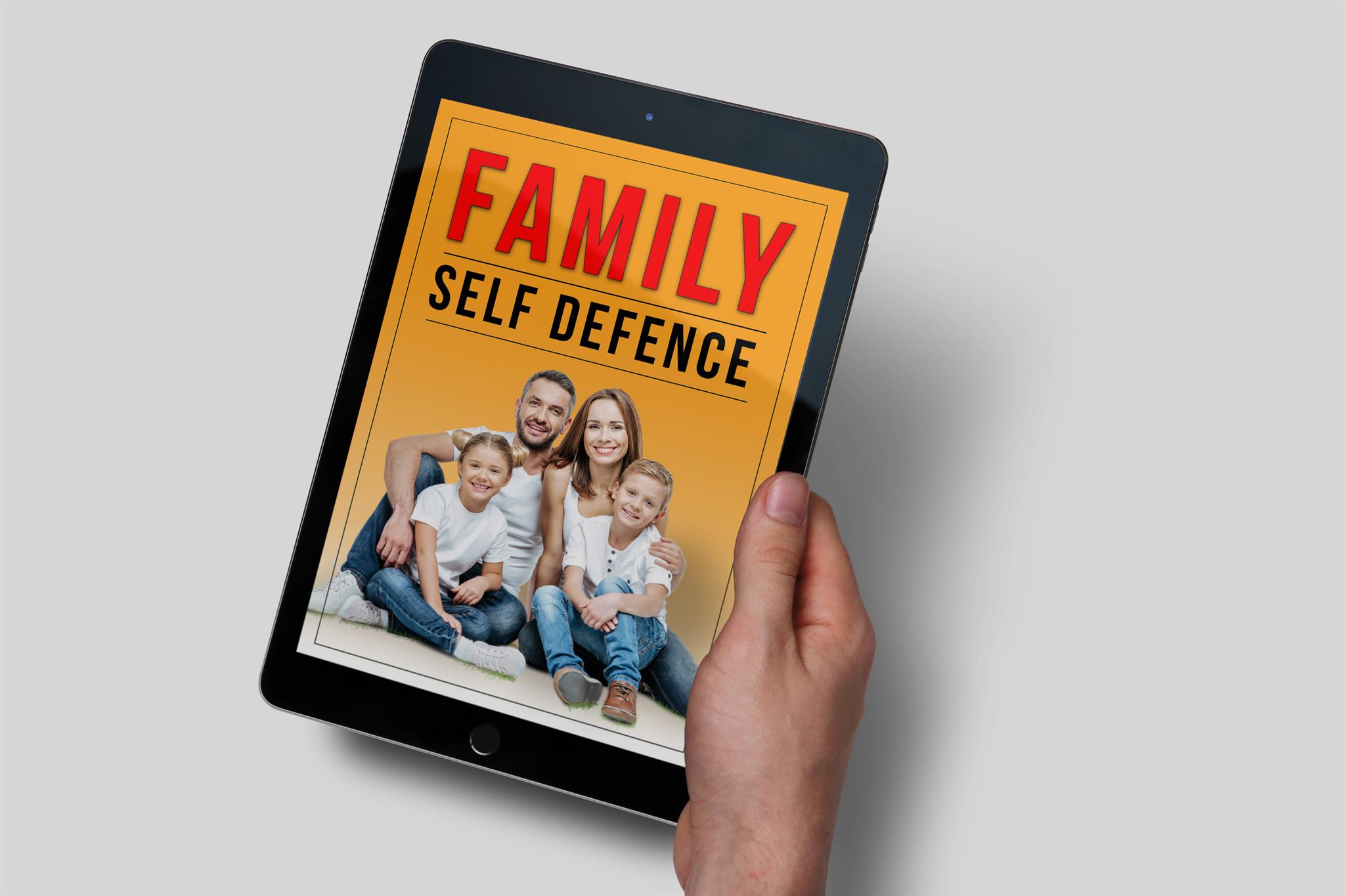
Family Self-Defense: Protecting Your Loved Ones in Today’s World
In an increasingly uncertain world, the safety and security of our loved ones should always be a top priority. Family self-defense is not just a practical skill; it’s a crucial aspect of ensuring the well-being of your family in various situations. Whether it’s protecting your home, staying safe in public spaces, or even handling emergencies, being prepared can make all the difference. In this comprehensive guide, we will delve into the world of family self-defense, covering essential techniques, strategies, and mindset to keep your family safe.
=> Empower Your Family with Practical Self-Defense Skills!
The Importance of Family Self-Defense
Why Family Self-Defense Matters
In today’s fast-paced world, we often find ourselves in situations that demand quick thinking and decisive action. From home invasions to unexpected encounters in public, the need for self-defense skills has never been more critical. Family self-defense is not just about physical techniques; it encompasses a broader set of skills, including situational awareness, conflict de-escalation, and emergency preparedness.
Empowerment Through Knowledge
One of the primary reasons to invest in family self-defense is empowerment through knowledge. When you and your family members are equipped with the skills and confidence to handle adverse situations, you can navigate through life’s challenges with greater peace of mind.
Family Self-Defense Techniques
Basic Self-Defense Moves
1. Awareness and Prevention
Before delving into physical techniques, it’s essential to understand that the best defense is often avoiding dangerous situations altogether. Teach your family members the importance of situational awareness, which includes staying alert in public spaces and avoiding potentially risky situations.
2. Effective Communication
Communication is a valuable tool in defusing conflicts. Teach your family members how to communicate assertively and de-escalate potentially violent situations through dialogue.
Physical Self-Defense Techniques
3. Hand-to-Hand Combat
Learning basic hand-to-hand combat techniques can be invaluable. Enroll your family in self-defense classes that teach practical moves for escaping holds, strikes, and grabs.
4. Use of Self-Defense Weapons
In some situations, self-defense weapons may be necessary. Ensure that your family understands how to safely and responsibly use items like pepper spray or personal alarms.
Emergency Preparedness
5. Creating a Family Emergency Plan
Prepare for natural disasters, power outages, or other emergencies by creating a comprehensive family emergency plan. This plan should include evacuation routes, emergency contacts, and essential supplies.
=> Stay Safe Together: A Comprehensive Guide to Family Self-Defense!
Mental Preparedness
The Importance of a Family Mindset
In addition to physical techniques, mental preparedness is a critical aspect of family self-defense. Instill a mindset of vigilance and readiness in your family members. Encourage open discussions about safety and the importance of looking out for one another.
Practicing Situational Awareness
Teaching your family to be observant of their surroundings can help prevent potential threats. Discuss common scenarios and ask them to identify potential risks and safe exits.
FAQs (Frequently Asked Questions)
Q1: What age is appropriate to start teaching self-defense to children?
A1: It’s never too early to start teaching basic safety skills. You can begin with age-appropriate lessons on stranger danger and gradually introduce more advanced concepts as they grow older.
Q2: Are self-defense classes necessary, or can I teach my family at home?
A2: While teaching basic safety at home is essential, self-defense classes offer structured training and real-life scenarios that can be invaluable. Consider a combination of both.
Q3: How can I choose the right self-defense class for my family?
A3: Look for certified instructors with a focus on practical skills, situational awareness, and conflict de-escalation. Research reviews and ask for recommendations.
Q4: Are there legal considerations when using self-defense weapons?
A4: Yes, laws regarding self-defense weapons vary by location. It’s crucial to familiarize yourself with local laws and use these tools responsibly and within the bounds of the law.
Q5: Can mental preparedness be as effective as physical self-defense?
A5: Absolutely. Mental preparedness can often prevent the need for physical self-defense. A vigilant mindset and quick thinking can keep your family safe in many situations.
=> Secure Your Family’s Future with Family Self-Defense Training!
Conclusion
In an ever-changing world, family self-defense is a skill set that can provide you and your loved ones with the confidence and capability to navigate through life’s challenges safely. By incorporating awareness, communication, physical techniques, and mental preparedness into your family’s routine, you can significantly enhance your collective safety.
Remember, the key to effective family self-defense is practice and ongoing education. Stay vigilant, stay prepared, and always prioritize the safety of your family.



